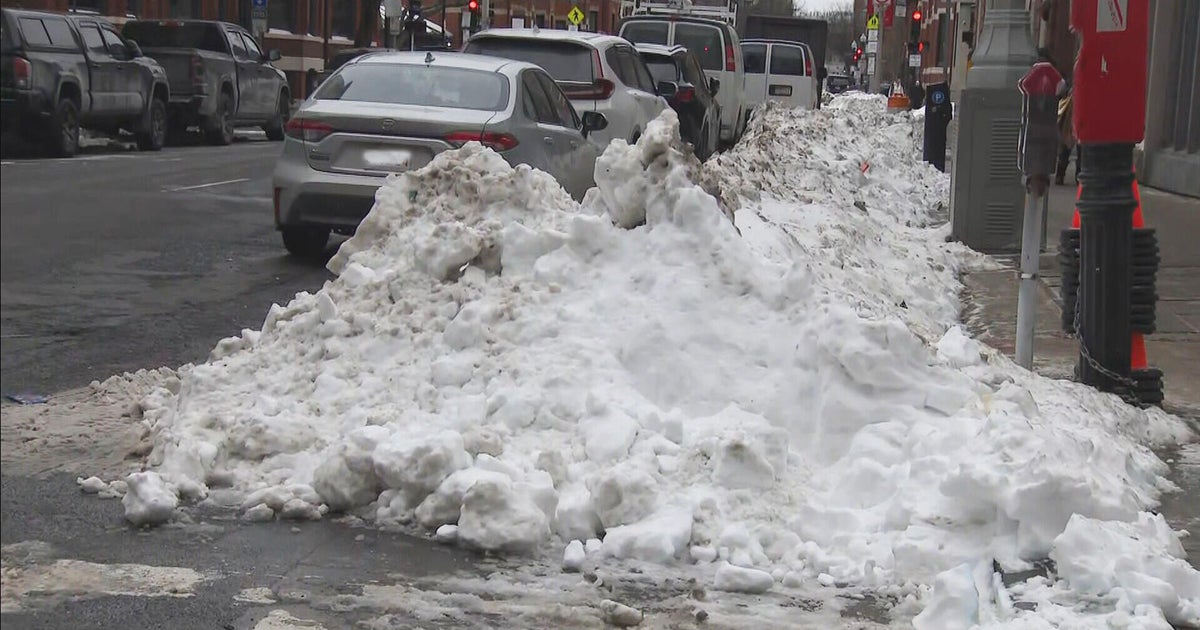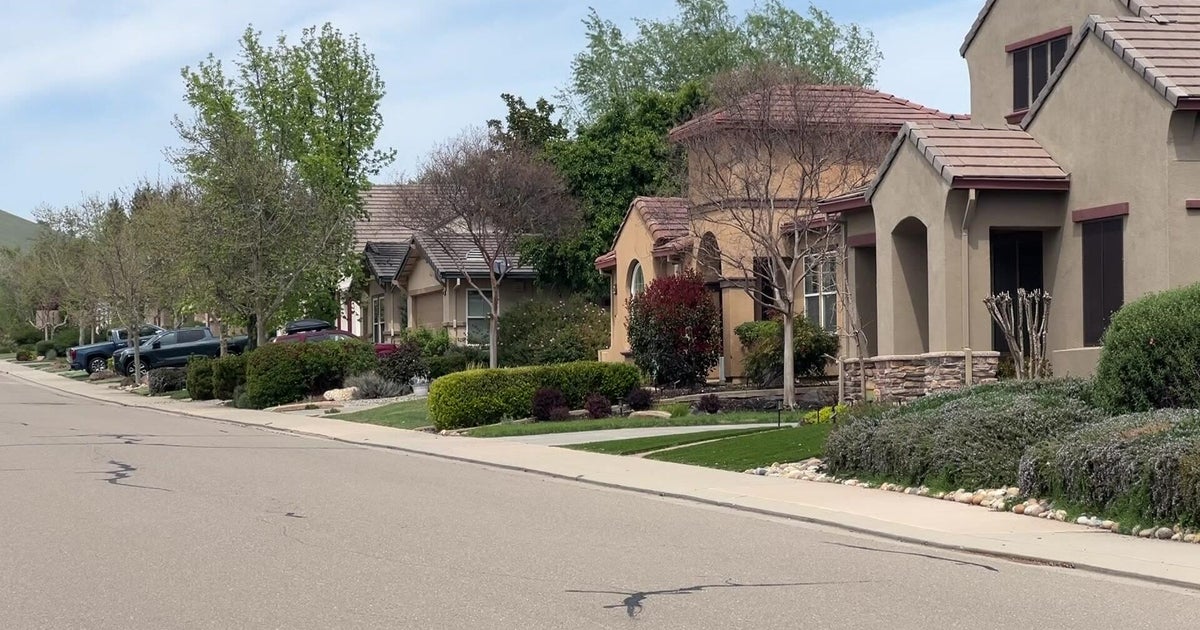Paying Down Debt, Rather Than Saving Comes With A Risk
BOSTON (CBS) - "Neither a borrower nor a lender be". Those words were written by William Shakespeare hundreds of years ago, but they still ring true for many consumers who learned a hard lesson during the recession.
Many Americans are now paying down debts in huge numbers, but that might not be as wise a financial move it sounds.
On the streets of Salem, one person after another told us they are focused at getting their debts paid off, even if it means they are not saving anything.
WBZ-TV's Joe Shortsleeve reports
Whether it was for a new car, a bigger house, an exotic vacation, or fancy jewelry, Americans spent the first half of this decade spending, and then spending some more.
They also got themselves into debt, lots of debt. But like a cold shower, the party is now over and many people want a clean slate.
A recent survey by the National Foundation for Credit Counseling found 89% of us are choosing to pay down debts first, while only 11% said building up savings was the priority.
North Shore financial planner Emil Ronchi believes this is a sign of the times. "When people are optimistic, they will borrow. They will invest. If they are pessimistic, they are going to do everything they can to try and dig themselves out of that perceived hole."
Paying off debts sounds good, but Ronchi believes some people may be putting themselves at risk. "The most important thing to do is start building up an emergency reserve fund," he explained.
That fund should have enough money to cover six months of living expenses, in case you get sick or lose your job.
Another deterrent to saving are interest rates. It's hard to get a decent rate of return on your investment, as savings accounts and certificates of deposit often pay less than 1%.
There is also a place for debt in most household budgets, added Ronchi. "Any debts you incur for education assuming you eventually get a job. Certainly investing in a home. The bad debt is the kind of stuff that you buy and it's suddenly worth nothing."
Still, after living through the Great Recession, many Americans yearn for an obligation free life. As one mother told us, "I feel like before we start saving, or going on vacations or anything fun like that, we need to focus on debts so we don't get into more debt."







